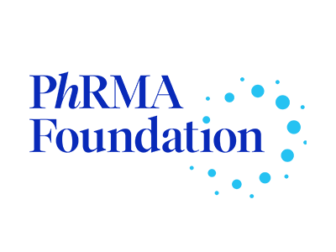Nabin Poudel, PhD

Awards
Postdoctoral Fellowship
A Case Study for Integrating Patient Preferences When Assessing the Value of Health Care Services
Imagine you have a medical condition that requires monitoring aspects of your health. You might prefer one monitoring method over another due to factors such as ease of use, how well it works, and cost. Yet when researchers assess the value of different health care interventions, they typically compare costs and health benefits, while patient preferences are often overlooked. Quality-adjusted life years (QALYs), a commonly used metric when assessing the cost effectiveness of medical interventions, accounts for improvements in length of life and quality of life. However, this approach can potentially discriminate against those with disabilities and doesn’t account for patient preferences. Health years in total (HYT) is an alternative metric that aims to address some of the concerns with the QALY, but it still does not include patient preferences. We propose to combine patient preferences with the HYT measure to better reflect what patients value. We will test our new approach by assessing the value of different methods for monitoring the health of kidney transplant patients. This information will help health care providers select the most suitable and efficient methods, leading to improved health outcomes for patients and ensuring that limited resources are used in an efficient and fair way.
Learn more in this blog post.
Challenge Award Paper
Evidence Inventory: A Patient-Centered Methodological Framework for CMS to Assess the Clinical Benefit of Drugs to Inform Maximum Fair Price Negotiation
Authors: Nabin Poudel, PhD; Salome Ricci, PharmD, MS; Julia F. Slejko, PhD
The PhRMA Foundation awarded this paper a $25,000 Challenge Award for exploring crucial challenges facing the Centers for Medicare & Medicaid Services (CMS) in implementing Medicare drug price negotiation.
The paper addresses the issue of patient engagement in the CMS process. When evaluating evidence on the benefits of a drug as compared to therapeutic alternatives, CMS should engage in patient-centered approaches. The Poudel paper states, “there is a need for a patient-centric, clear, transparent, and rigorous framework to harmonize various sources of evidence.” The authors propose a four-step process to implement a patient-centered evidence inventory to systematically evaluate treatment benefits, including re-evaluating evidence as new information become available. “The involvement of patients in the evidence evaluation process ensures that patients’ perspectives and needs are considered, resulting in more patient-centered decision-making,” the authors wrote.
Read the paper in the Journal of Managed Care & Specialty Pharmacy.
The PhRMA Foundation’s Postdoctoral Fellowship in Value Assessment and Health Outcomes Research provides me with an excellent opportunity to strive toward incorporating patients’ preferences into value assessment research.

